Table of Contents
Smart home technology is revolutionizing the hospitality industry, enhancing the guest experience by transforming traditional hotel rooms into personalized, high-tech sanctuaries. By seamlessly integrating devices like smart thermostats, voice-activated assistants, automated lighting systems, and hotel TV solutions, hotels can offer guests unprecedented convenience, comfort, and control over their environment.
This advanced technology not only elevates the overall stay but also provides energy efficiency and streamlined operations for hotel management. As the demand for innovative travel experiences grows, hotels that embrace smart home technology stand out by delivering a modern, customized stay that meets the expectations of today’s tech-savvy travelers.
Explore these 7 genius ways that smart home technology redefines the hotel room experience.
1. Voice-Activated Controls
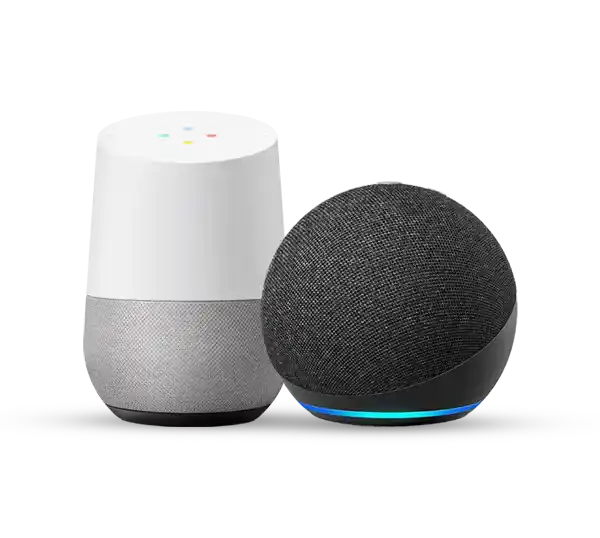
Smart home technology integrates voice-activated controls through devices like Amazon Alexa or Google Home in hotel rooms. These systems connect with smart devices, such as lighting, thermostats, and entertainment units, via Wi-Fi or a central hub.
Guests can use voice commands to adjust room settings, like dimming lights, changing the temperature, or selecting music or TV shows, offering a personalized, hands-free experience. This seamless interaction enhances comfort and convenience while providing an intuitive control interface for guests.
2. Smart Thermostats
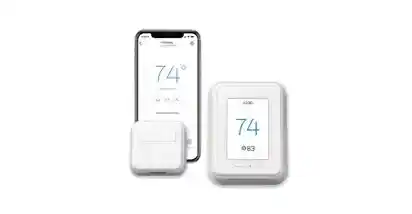
Smart thermostats, a key aspect of smart home technology, utilize tools like the Nest Thermostat or Honeywell’s T9 to automatically adjust room temperatures based on guest preferences and real-time occupancy. These devices monitor environmental factors and guest behavior, ensuring rooms are heated or cooled efficiently only when occupied.
Smart thermostats enhance guest comfort by optimizing energy use while significantly reducing energy consumption, aligning with sustainability goals. Hotel staff can also monitor and adjust settings remotely through integrated systems.
3. Keyless Entry
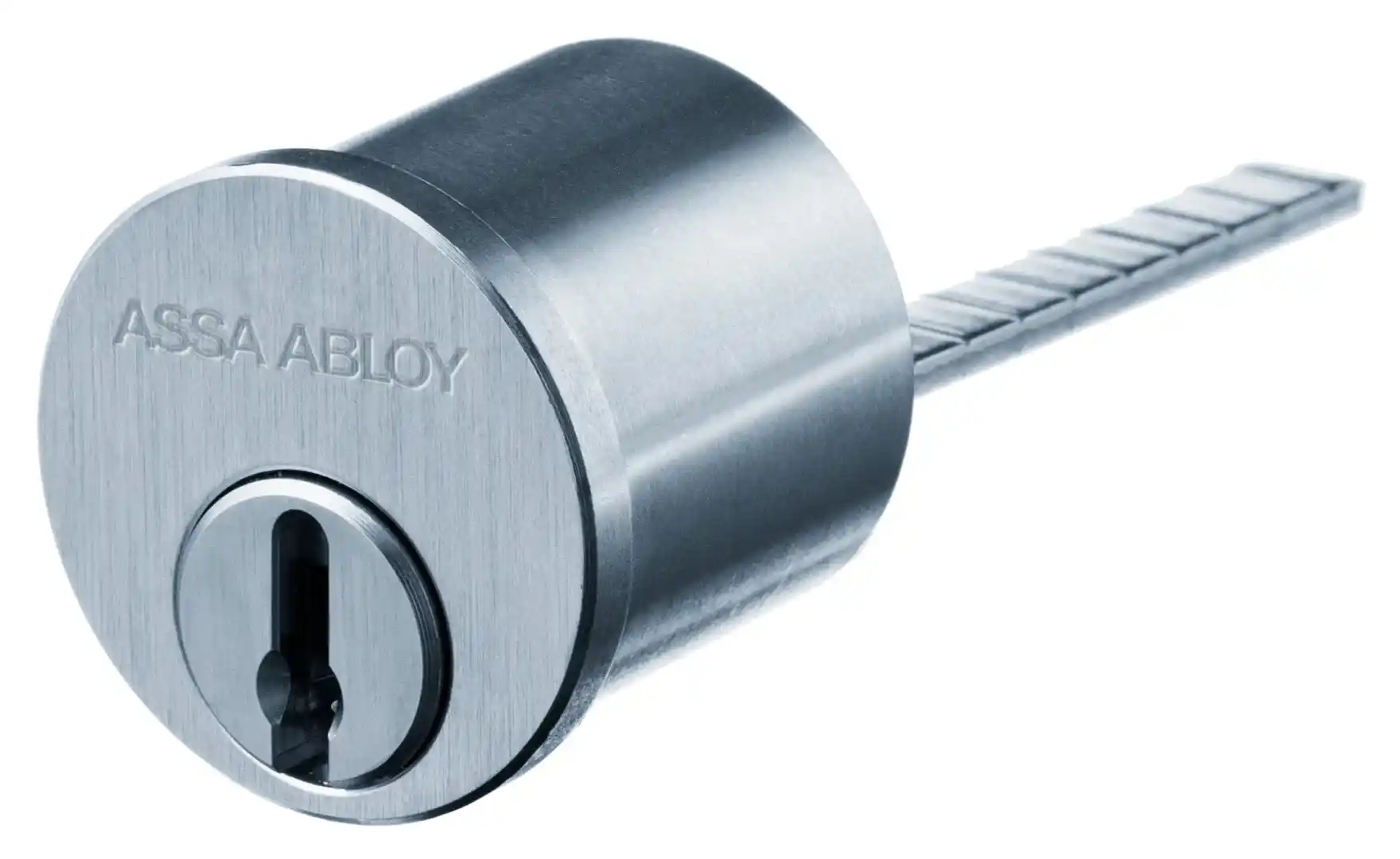
Keyless entry in smart home technology utilizes mobile apps that communicate with smart locks via Bluetooth or Wi-Fi. Guests receive a digital key through an app like ASSA ABLOY’s mobile access solution, allowing them to unlock doors by simply tapping their smartphones.
This secure, seamless system enhances the guest experience by removing the need for traditional key cards, offering both convenience and heightened security, while enabling hotels to manage room access digitally and in real-time.
4. Automated Lighting
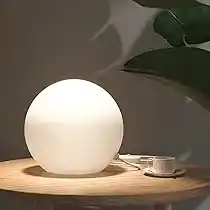
Smart home technology uses motion sensors and smart lighting systems to automate hotel room lighting. Tools like Philips Hue or Lutron Caseta adjust the brightness based on guest movement, ensuring lights turn on when entering and off when leaving, providing convenience without manual control.
Additionally, these systems can dim lights according to the time of day, creating a comfortable ambiance. This automation reduces energy consumption, offering both hotels and guests an eco-friendly and efficient lighting solution.
5. Smart Entertainment
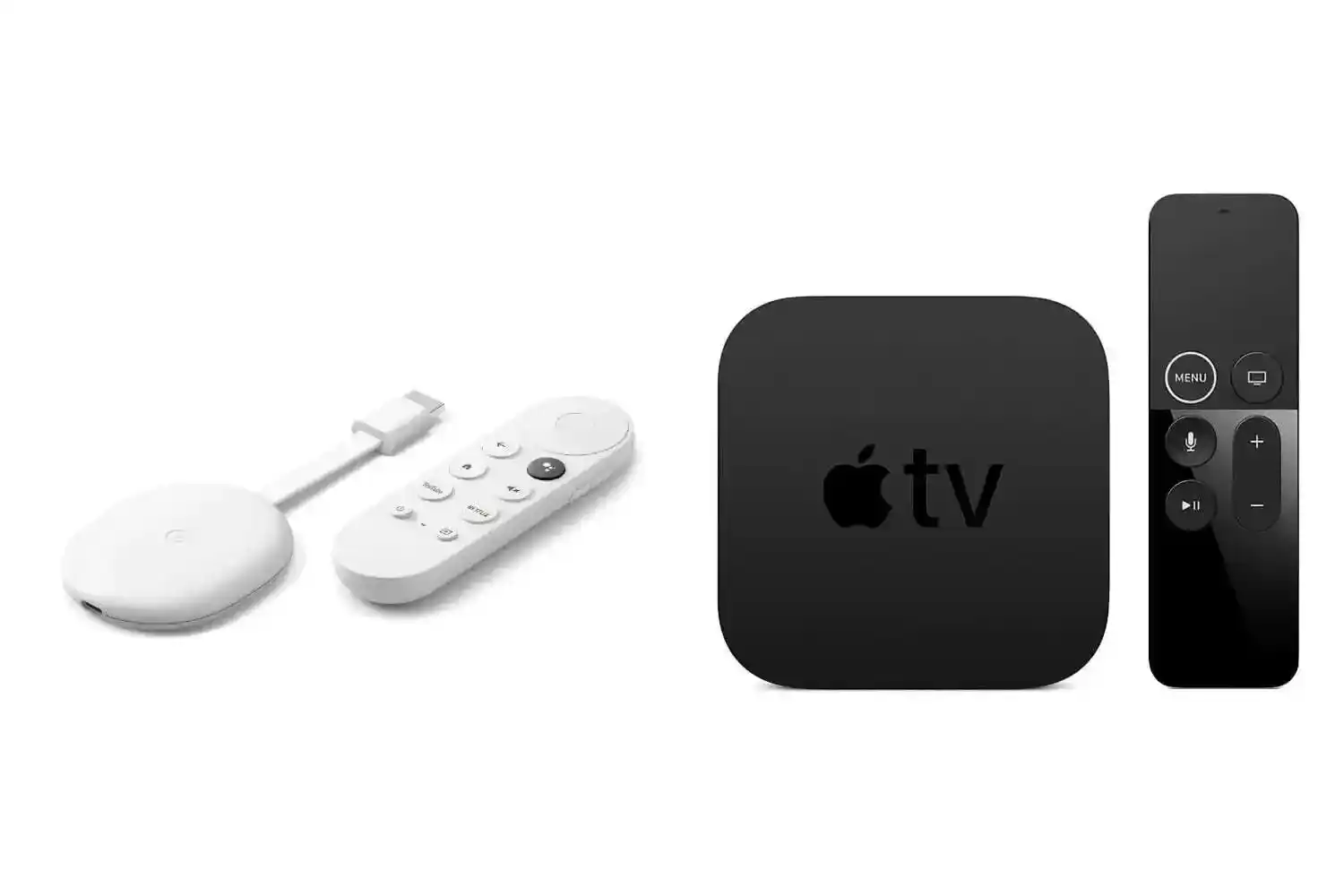
Smart home technology in hotel rooms allows guests to access personalized entertainment through smart TVs integrated with streaming services like Netflix or Hulu. Tools such as Chromecast or Apple TV enable seamless content casting from personal devices, while platforms like Samsung’s Smart Hub offer direct access to apps.
Guests can log into their accounts, ensuring that the entertainment options reflect their personal preferences, making their stay more enjoyable and tailored to individual tastes.
6. Room Customization
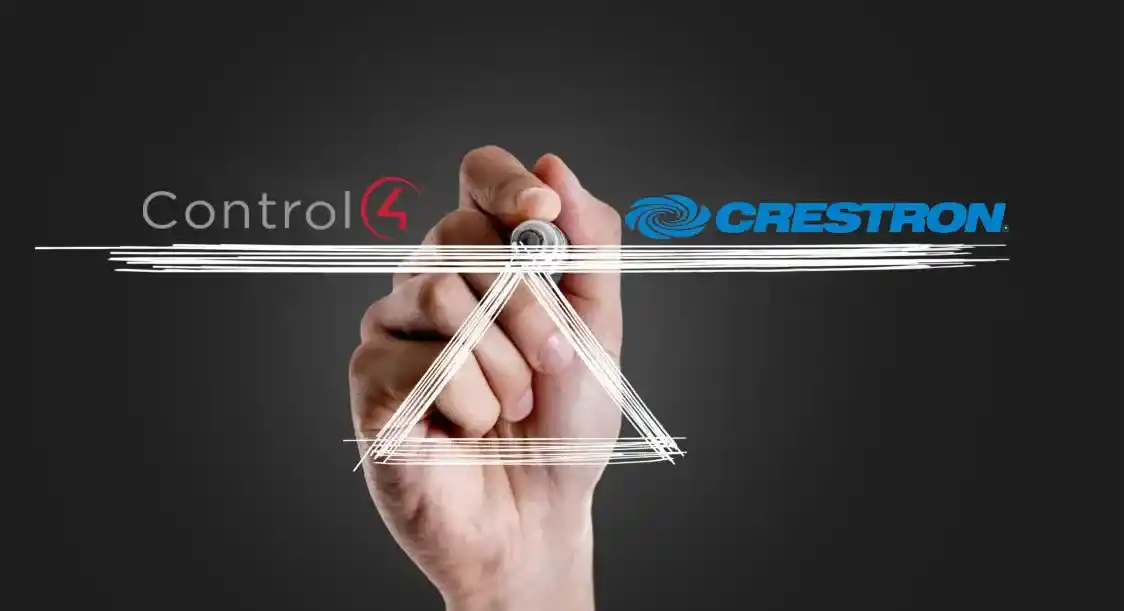
Smart home technology allows guests to pre-set room preferences, such as lighting, temperature, and music, using a hotel’s mobile app or control system. Tools like Control4 or Crestron enable hotels to store guest preferences and apply them before check-in.
Upon arrival, the room environment is automatically adjusted to match the guest’s settings, offering a personalized and seamless experience. This customization enhances comfort and convenience, giving guests control over their stay from the moment they enter.
7. Energy Management

Smart home technology leverages energy management systems like Honeywell’s Inncom or Siemens’ Smart Hotel Solution to monitor energy consumption in hotel rooms. These systems use occupancy sensors to detect when rooms are unoccupied, automatically turning off lights, HVAC systems, and other energy-consuming devices.
By optimizing energy usage based on real-time data, hotels can significantly reduce energy waste, lower operational costs, and enhance sustainability efforts, all while ensuring comfort and convenience for guests during their stay.
Smart Home Technology for a Next-Level Experience
Incorporating smart home technology into hotel rooms offers a significant advantage in enhancing the guest experience. By integrating features such as voice-activated controls, automated lighting, and personalized climate settings, hotels can provide a modern, comfortable stay tailored to each guest’s preferences.
This shift not only improves convenience but also promotes energy efficiency and sustainability. Smart home technology enables hotels to stay ahead in a competitive market by offering a seamless, tech-forward environment that appeals to today’s travelers.
As the hospitality industry continues to evolve, those embracing smart innovations will create more memorable and efficient stays, setting a new standard for comfort and convenience.